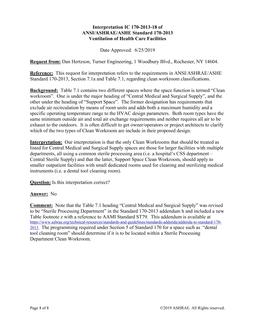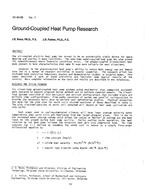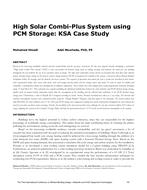Systematic and random errors of sensors in building systems could significantly compromise the system’s performance and indoor environmental quality. An extended virtual in-situ calibration has been suggested to solve problems regarding the sensor errors and their calibration, which can correct these errors for all critical working sensors in building systems without removing the working sensors or adding reference sensors as in a conventional calibration. It is capable of estimating measurands using a parameter estimation technique based on mathematical system models. Deterministic and stochastic algorithms can be used to solve the parameter estimation for this calibration. In this study, GA (genetic algorithm)-based optimization as a deterministic method and Bayesian MCMC (Markov Chain Monte Carlo) as a statistical method are used to solve the calibration problem formulated by the extended virtual in-situ calibration methodology. A case study of a single-effect LiBr-H2O refrigeration system illustrates the problem formulating process and suggests the accuracy distributions of calibrated results derived from the two different methods.
Citation: 2017 Winter Conference, Las Vegas, NV, Conference Papers
Product Details
- Published:
- 2017
- Number of Pages:
- 8
- Units of Measure:
- Dual
- File Size:
- 1 file , 1.9 MB
- Product Code(s):
- D-LV-17-C062


